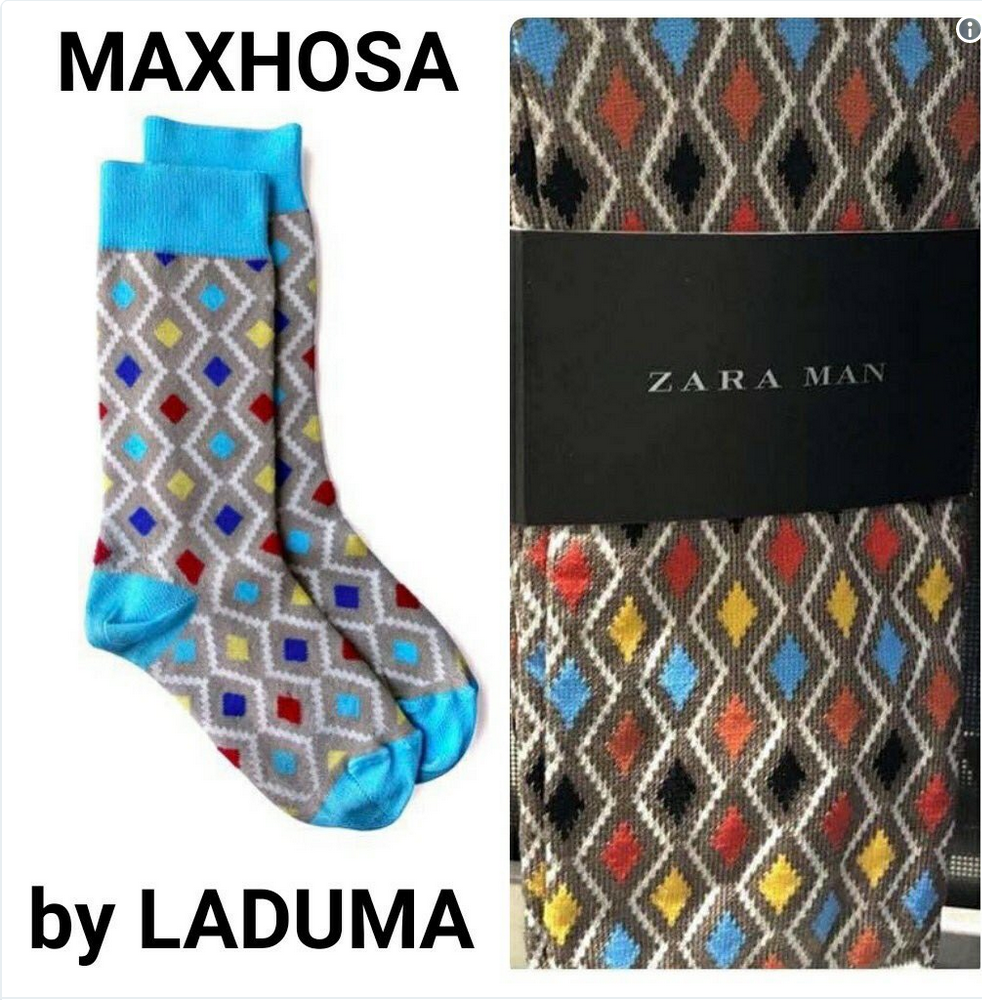29 April, 2018The Southern African Clothing and Textile Workers Union (SACTWU), an affiliate of the IndustriALL Global Union, has condemned Zara’s fashion piracy after it emerged that the Spanish-based global brand produced designs with a strong similarity to a local designer’s collection.
Zara conceded to its guilt by withdrawing some of the merchandise. It had appeared in stores in South Africa, the US and UK Instead of playing copycat, SACTWU is urging Zara to work with local designers and clothing factories to create more jobs in the garment sector.
According to SACTWU the “cut-and-paste” of designs by big multinational companies ignores the “little folk” whose businesses are vulnerable to such practices and can collapse as a result. The union argues that the niche market is the lifeblood of small boutique brands and can be easily killed off by mass production by big retailers like Zara. This will wipe out the local and global market for local designers.
Says Andre Kriel, general secretary of SACTWU:
“It seems they are comfortable acting like colonialists – simply exporting the money they make in South Africa to Spain and causing damage to local factories and workers. Now they are stealing some of our cultural artefacts and damaging a niche designer along the way”.
Kriel explains further:
“International brand Zara appears to have appropriated the designs of South African homegrown talent, the inspiring local designer Laduma Ngxokolo and his brand maXhosa. If this is true – and it is certainly suggested by the ‘coincidental’ stylistic overlaps between some Zara products and maXhosa’s iconic designs – it would represent the worst form of fashion colonialism: the extraction by global retail powerhouses, based in the developed world, of intellectual and cultural heritage from far less powerful designers based in the developing world”.
SACTWU says Zara is more interested in commercial value than design rights.
“Culture, designs and styles are reduced to fair game that can be poached or cut-and-pasted - the more so if these designs are considered exotic, other and traditional. There is no sensitivity to the origins of the designs, their context, history, and meaning”.
Says Paule France Ndessomin, IndustriALL regional secretary for Sub Saharan Africa.
“Local designs and factories should be promoted instead of being destroyed by big brands. For this reason, we support SACTWU in its campaign for an agreement with Zara.”
SACTWU has been trying since last year to get Zara’s parent company, Inditex, to procure goods from South Africa to save local factories from closing but the company is refusing to commit to an agreement.



